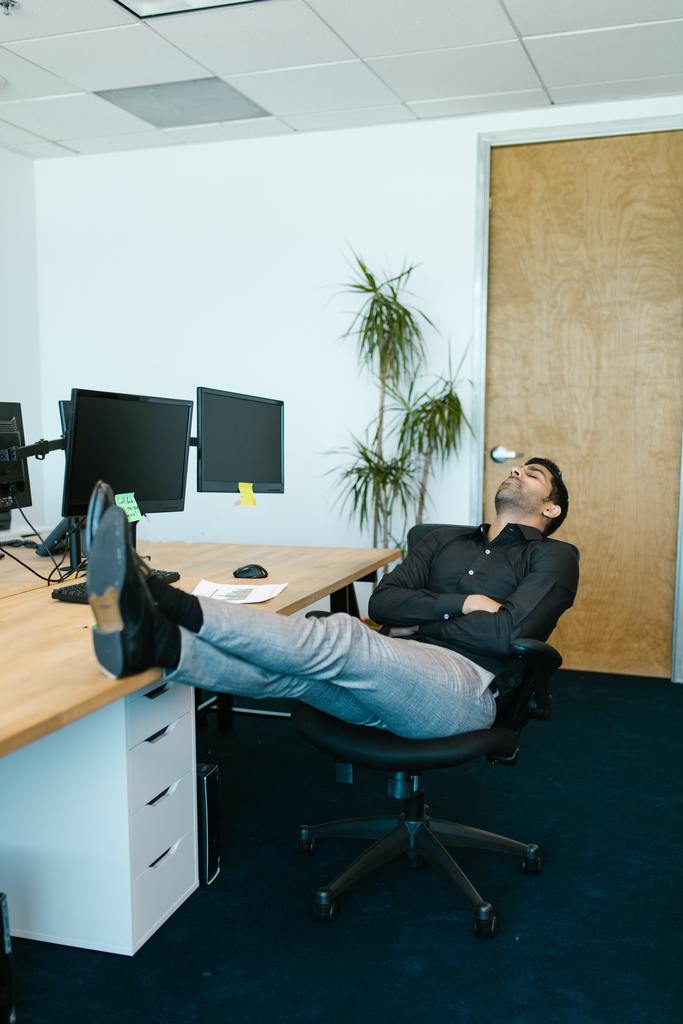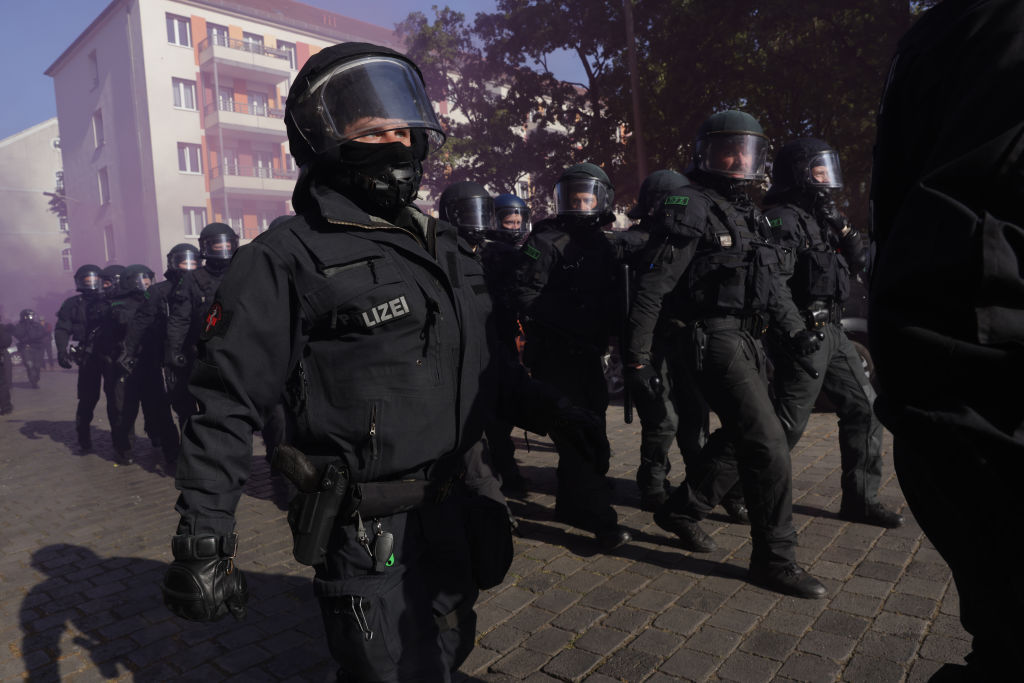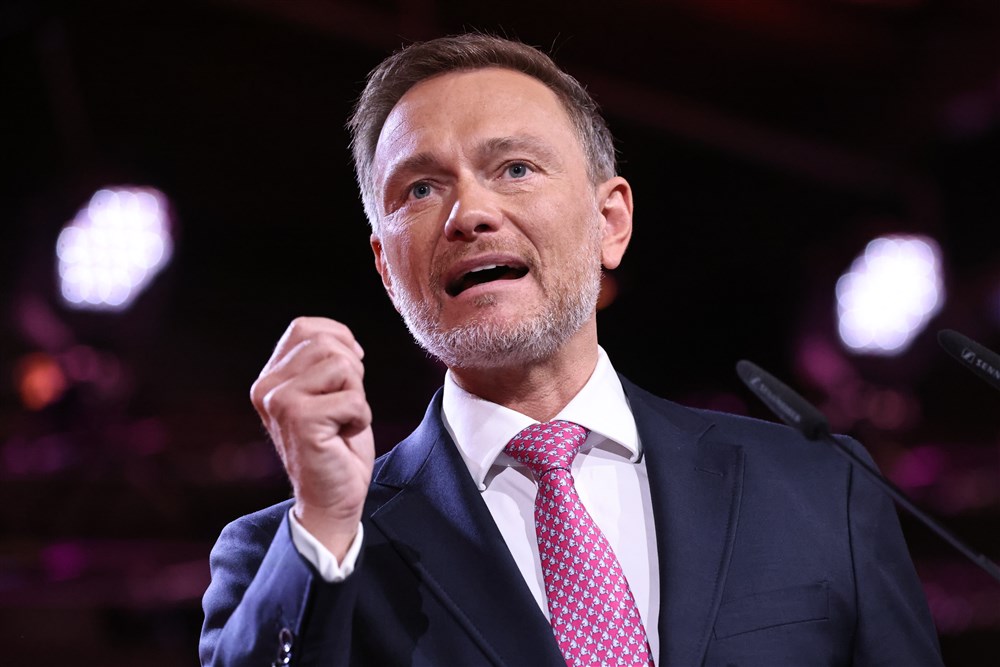Germany has long been regarded as the engine of the European economy but that engine is sputtering and the “Sick Man of Europe” label is starting to stick.
For two consecutive quarters, Germany’s economy has shrunk, effectively meaning the country is in recession. The latest numbers don’t show much improvement with “growth” indicated as 0.0 per cent – in other words a flatlining economy. The outlook for the near future looks little if any better.
The country’s engineering and automotive industries, heavily dependent on exports, are being especially hurt by the impact of overseas customers holding back on purchases.
The Leibniz Institute for Economic Research at the University of Munich, known as the ifo Institute, pointed out that its Business Climate Index has dropped and sentiment among German companies has worsened further.
Things are looking bleak in manufacturing, the service sector, trade and in construction, according to the data. In the latter, the Business Climate Index fell to its lowest level since February 2010.
“Germany’s economic situation is darkening,” said Clemens Fuest, president of the ifo Institute.
This contradicts earlier messaging from Chancellor of Germany Olaf Scholz who in January said that a slump in his country “absolutely” would not happen. It turned out Germany’s economy had in fact contracted in the three months to December 2022.
In late July, the International Monetary Fund also cut its outlook for Germany and now forecasts a contraction of 0.3 per cent over the rest of 2023 versus a 0.1 per cent tightening in April. The Bundesbank has similar projections. Germany is the only member of the G7, that includes Canada, France, Italy, Japan, the United Kingdom and the United States, whose economy is shrinking.
Thomas Obst, senior economist at the German Economic Institute in Cologne, noted: “Germany finds itself at the bottom of Europe. Even in the Brexit-affected United Kingdom, things are going better.”
Thomas Mayer, founder of the Flossbach von Storch Research Institute and a long-standing economic observer of the country, stated: “Whether the economy is creeping along, or contracting slightly, I think is a second-order problem.
“I think Germany is competing for the title of the ‘Sick Man of Europe’.”
Germany earned just such a moniker in the years following the reunification between East and West Germany in 1990, as the arduous task of integrating two nations drained the economy and resulted in persistently high unemployment. Those difficulties endured well into the 21st Century.
The country’s economic decline can be attributed to several factors. The European Central Bank and others aim to control inflation by implementing substantial interest-rate hikes. This leads to increased borrowing costs for both companies and consumers in the bloc, subsequently slowing down the German economy.
The problem is structural, many say, as the country’s economic model was built upon importing inexpensive, primarily Russian, energy and affordable raw materials and semi-finished goods.
These were processed and exported as high-value, more costly products. That model has gone bust and for obvious reasons; energy-intensive industries are burdened by soaring power costs and those that moved their production out of Germany are not returning. Nonetheless, its challenges extend beyond these issues.
Small and medium-sized enterprises, that make up the so-called “Mittelstand” sector, also seem to struggle with soaring energy prices alongside a lack of staff, high taxes, administrative burdens and dearth of appropriate infrastructure. An ageing population and the influx of low-skilled migrants has not helped.
At the same time, global competition is ramping up, with China in particular leading the way in the production of electric cars. The Asian powerhouse used to import a lot of German goods but demand has dropped significantly.
On the upside, unemployment remains quite low, at 5.7 per cent. Domestic demand also seems stable, according to reports.
German voters are not impressed and Scholz is not coming across as convincing in the polls, while support for the right-wing opposition Alternative für Deutschland (AfD) has increased. This is also causing concern among economists, as business leaders are not expressing high hopes for the AfD party and its policies.
The main worry for Germany remains the cost and supply of energy as the country is cut off from cheap Russian gas and has closed down its own nuclear power plants.
Siegfried Russwurm, head of the Federation of German Industries (BDI), has warned of “de-industrialisation” in the country.
It seems the government in Berlin is attempting to solve the crisis by investing in climate and “green” policies.
Obst said Germany’s ruling coalition leadership is divided and internal contradictions are obstructing profound, much-needed economic reforms.
He also pointed to a lack of public investment in infrastructure.
"I think Germany is competing for the title of the 'Sick Man of Europe,'" said Thomas Mayer, founder of the Flossbach von Storch Research Institute and a long-standing economic observer of the country. ? pic.twitter.com/6tsqDKjzWb
— Djole ?? (@onlydjole) July 31, 2023





